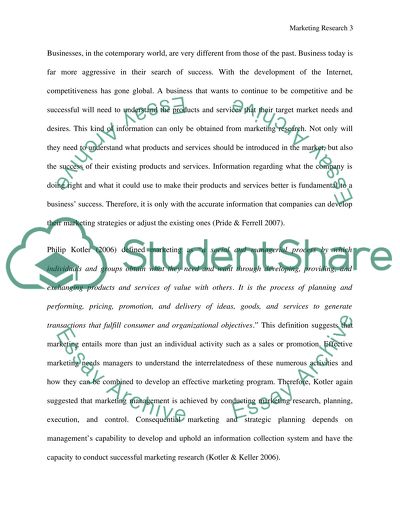Cite this document
(“Marketing research Essay Example | Topics and Well Written Essays - 2750 words”, n.d.)
Retrieved from https://studentshare.org/miscellaneous/1573265-marketing-research
Retrieved from https://studentshare.org/miscellaneous/1573265-marketing-research
(Marketing Research Essay Example | Topics and Well Written Essays - 2750 Words)
https://studentshare.org/miscellaneous/1573265-marketing-research.
https://studentshare.org/miscellaneous/1573265-marketing-research.
“Marketing Research Essay Example | Topics and Well Written Essays - 2750 Words”, n.d. https://studentshare.org/miscellaneous/1573265-marketing-research.


